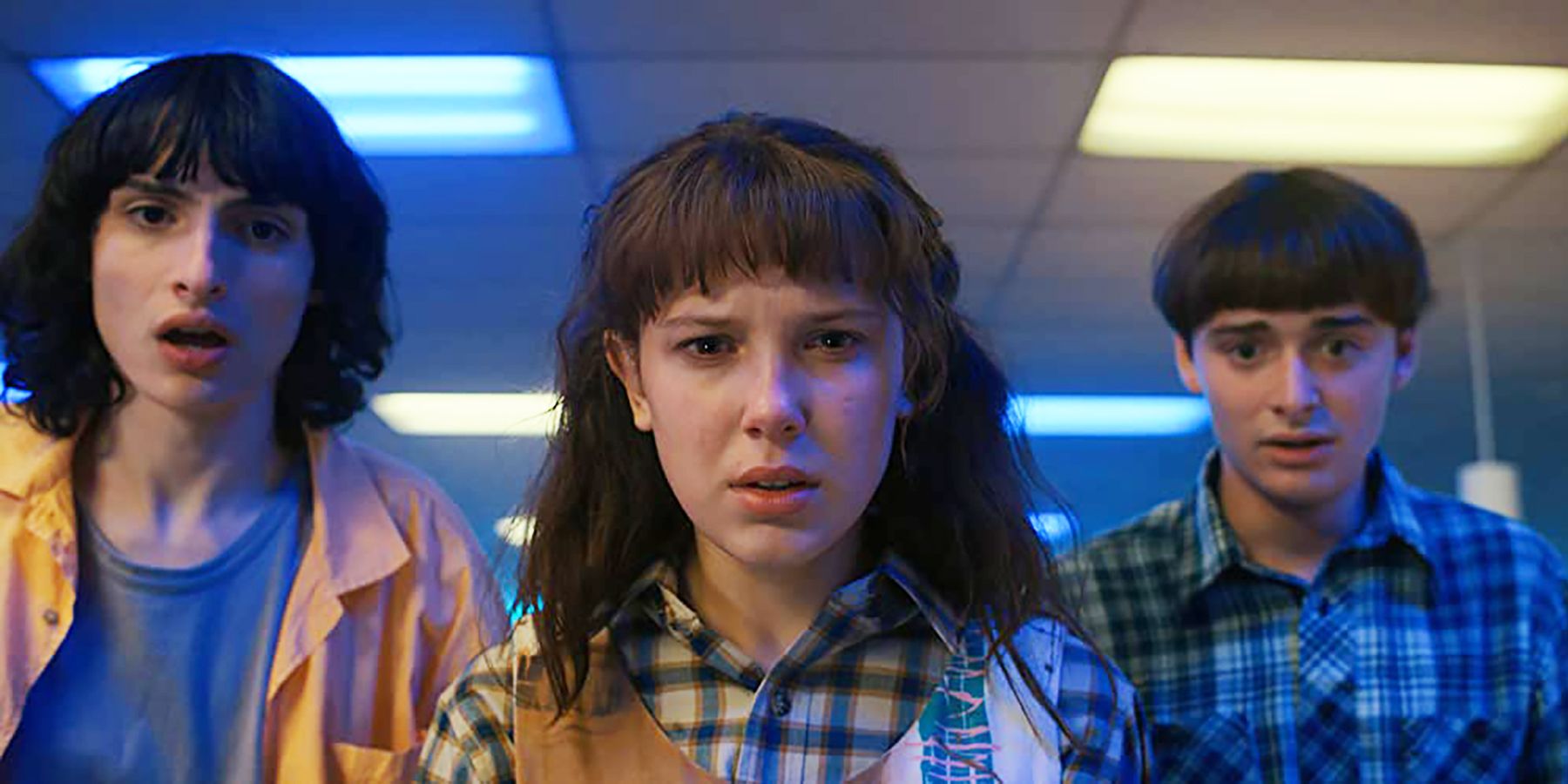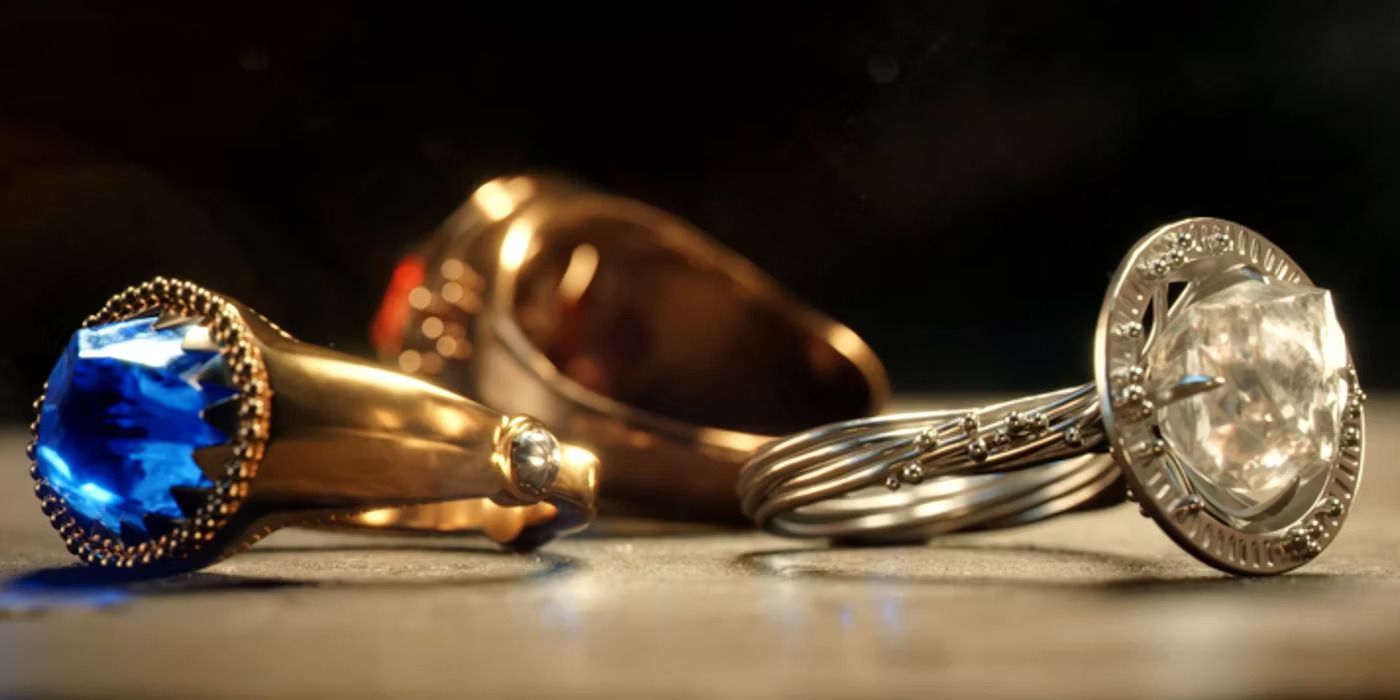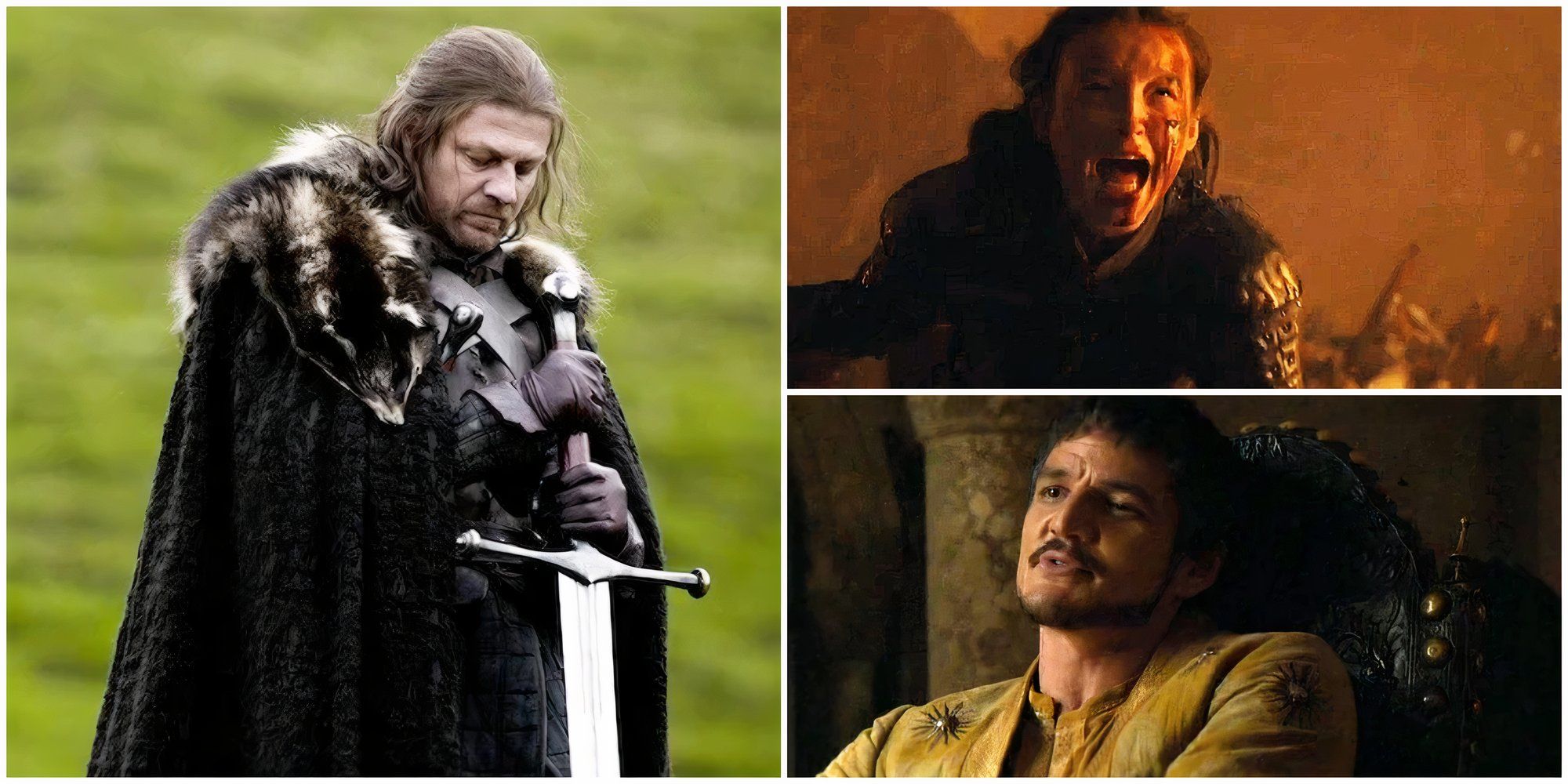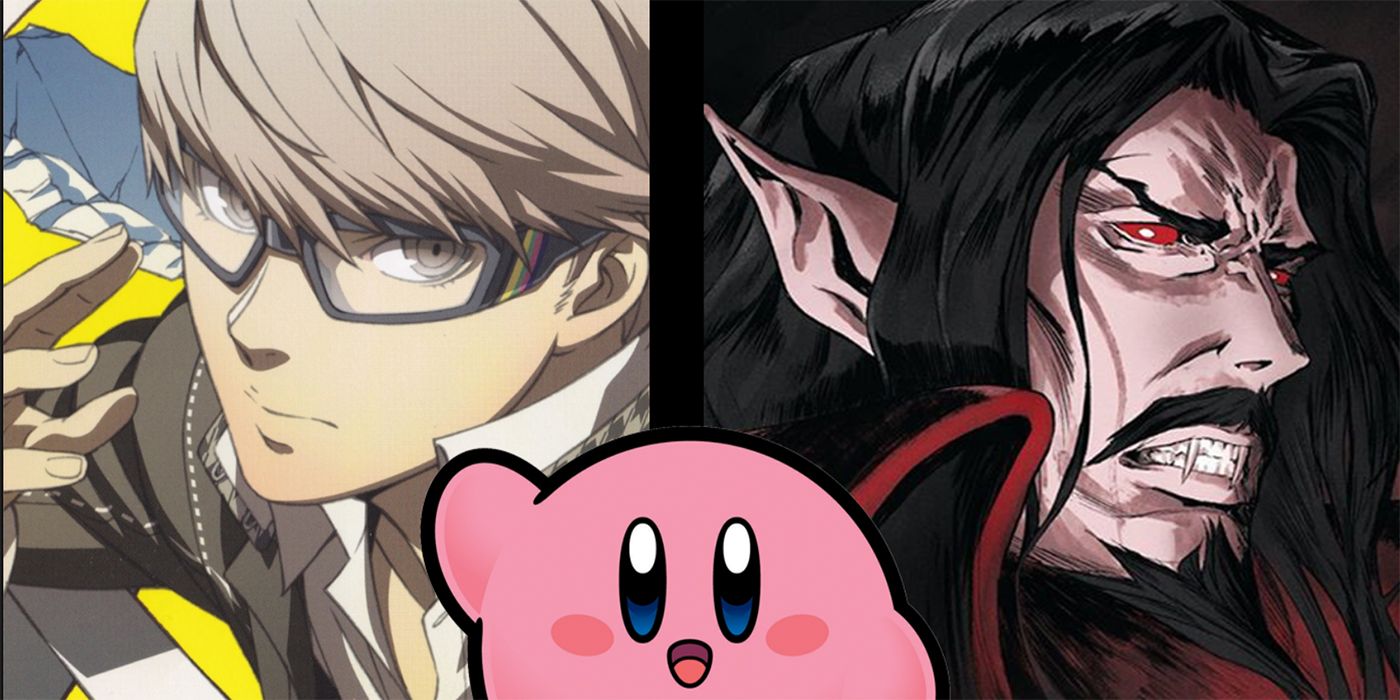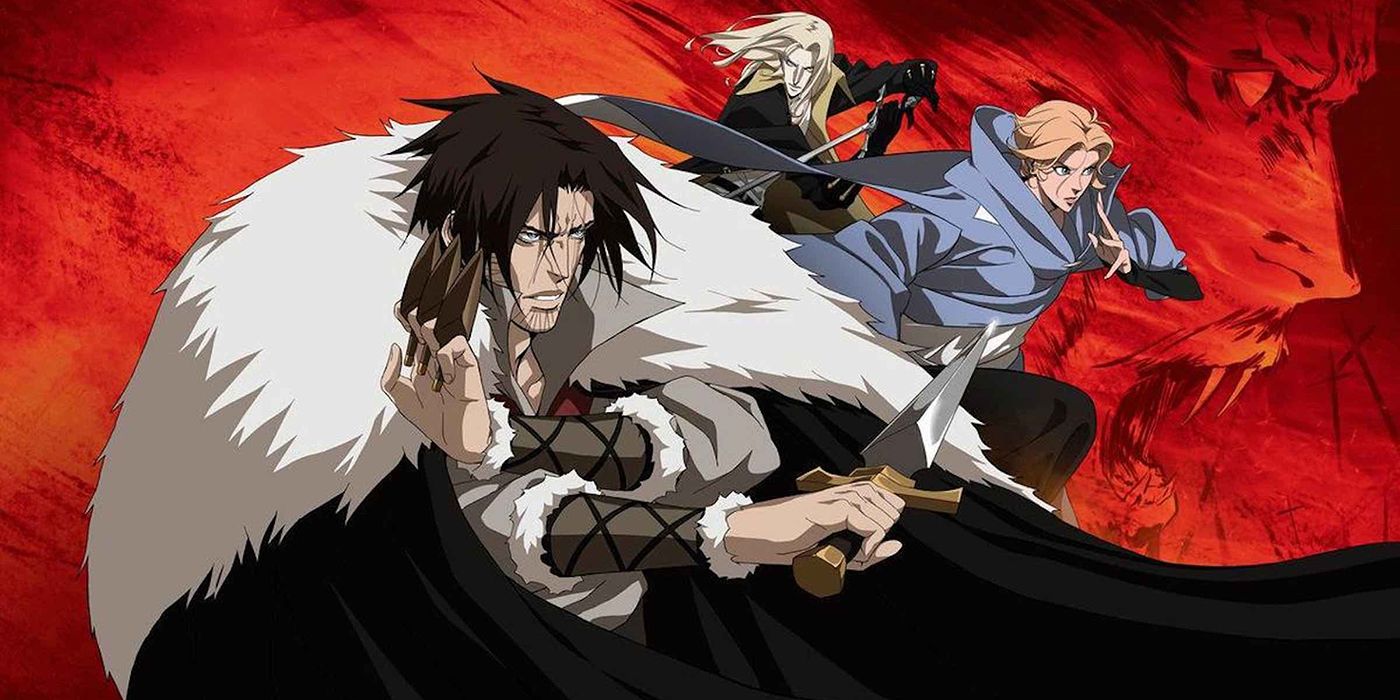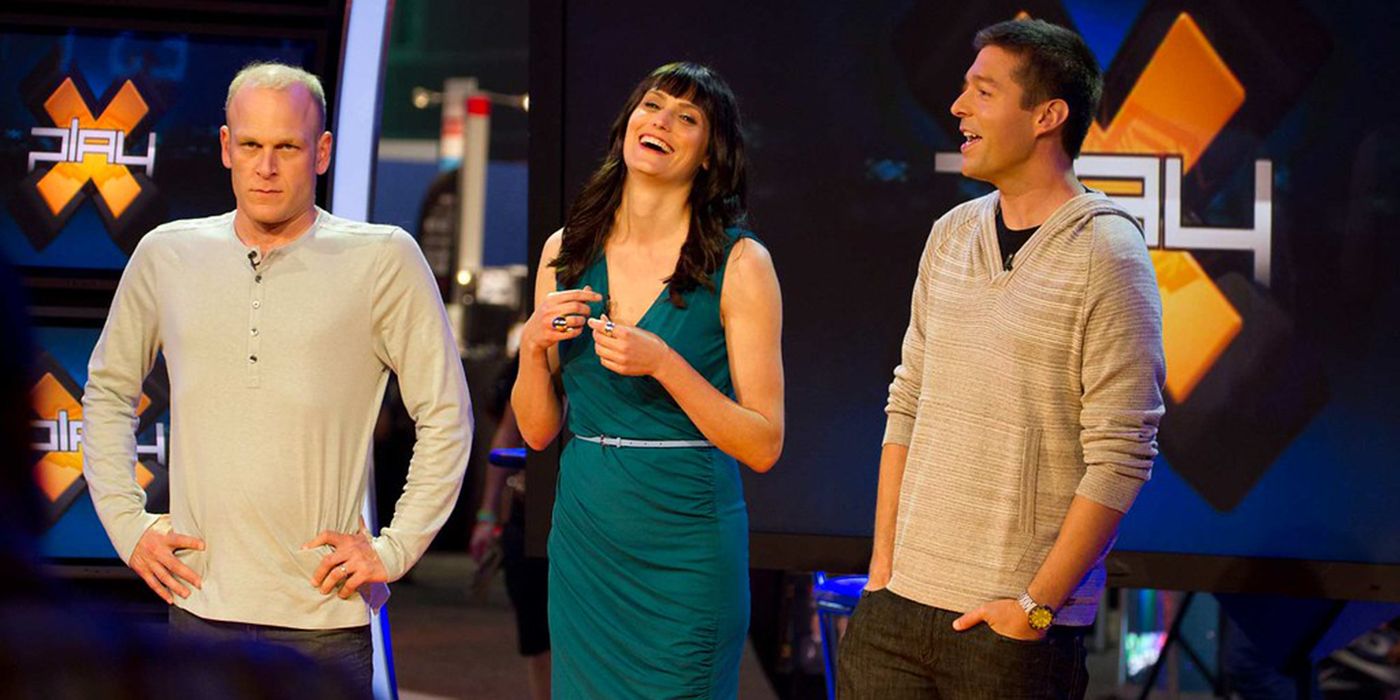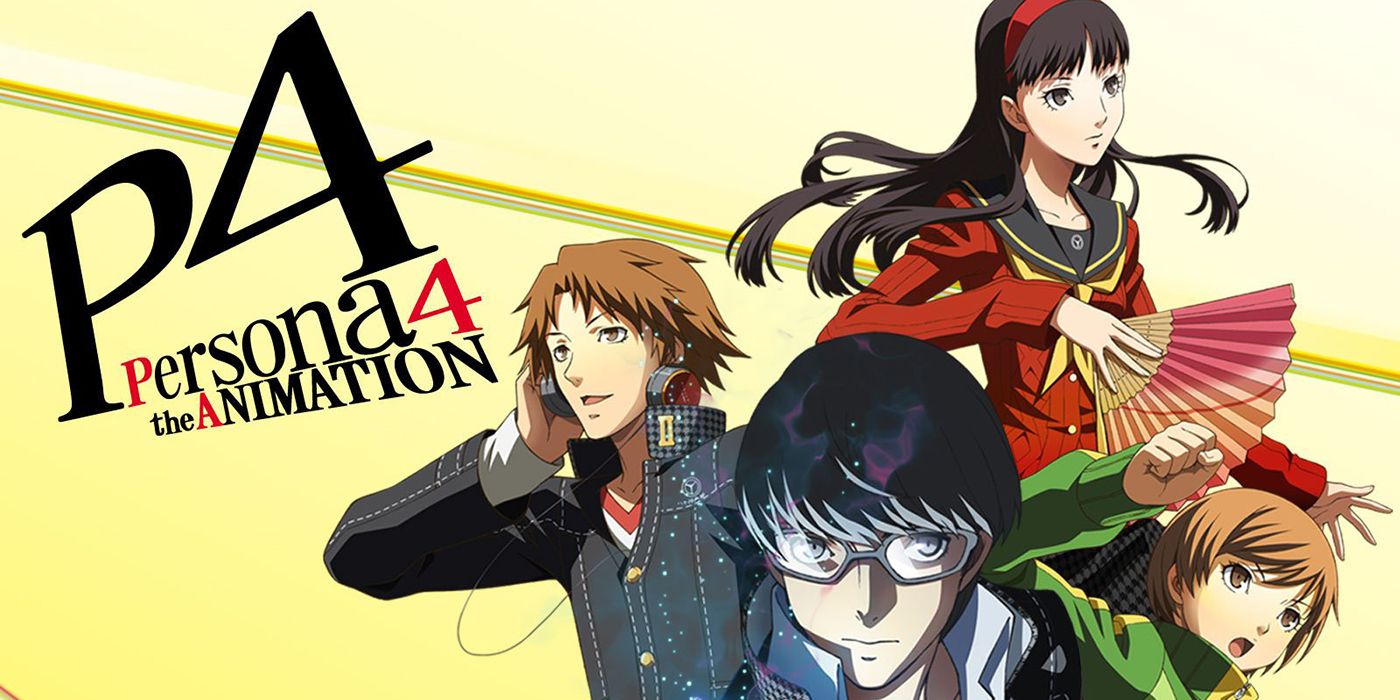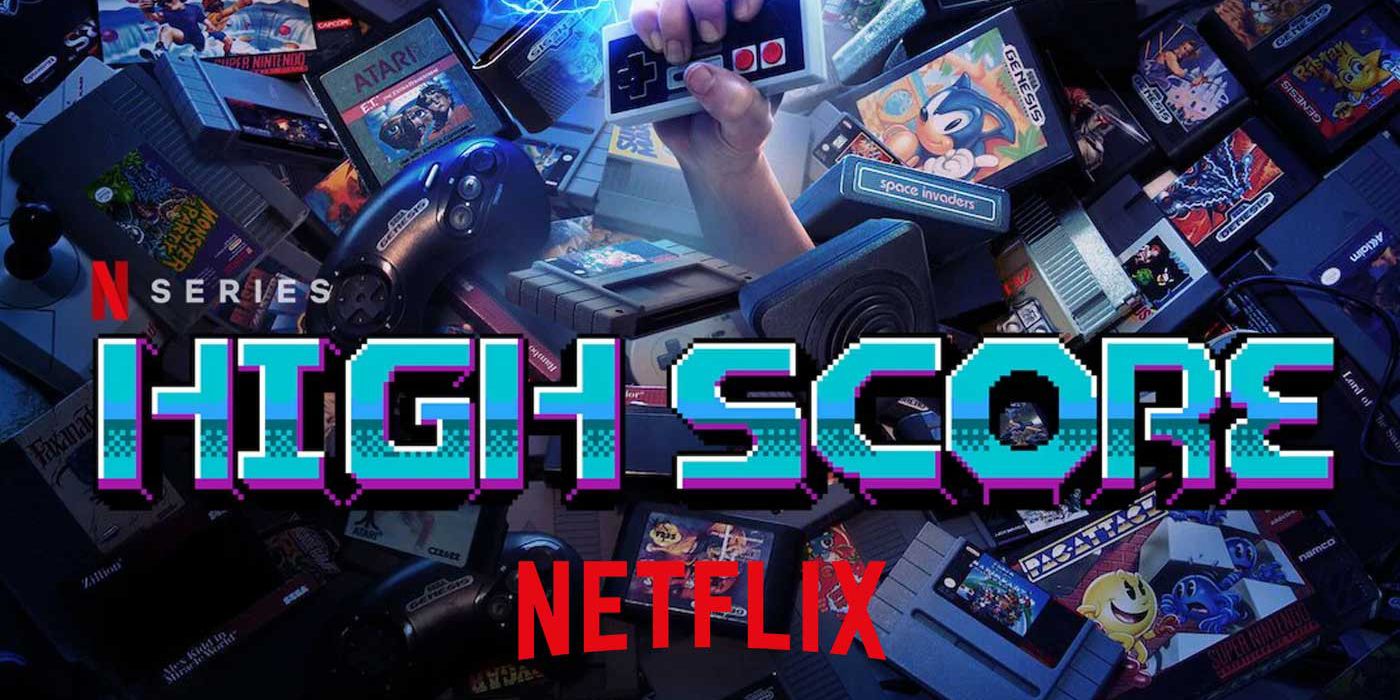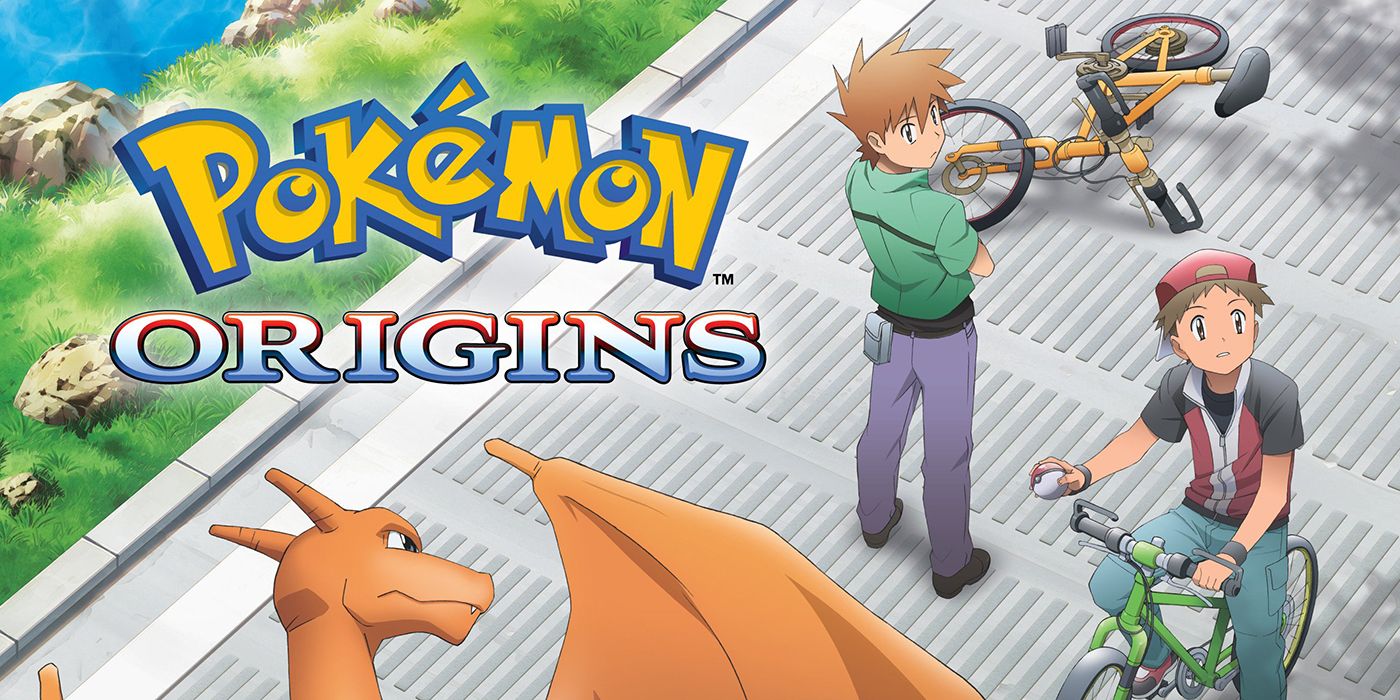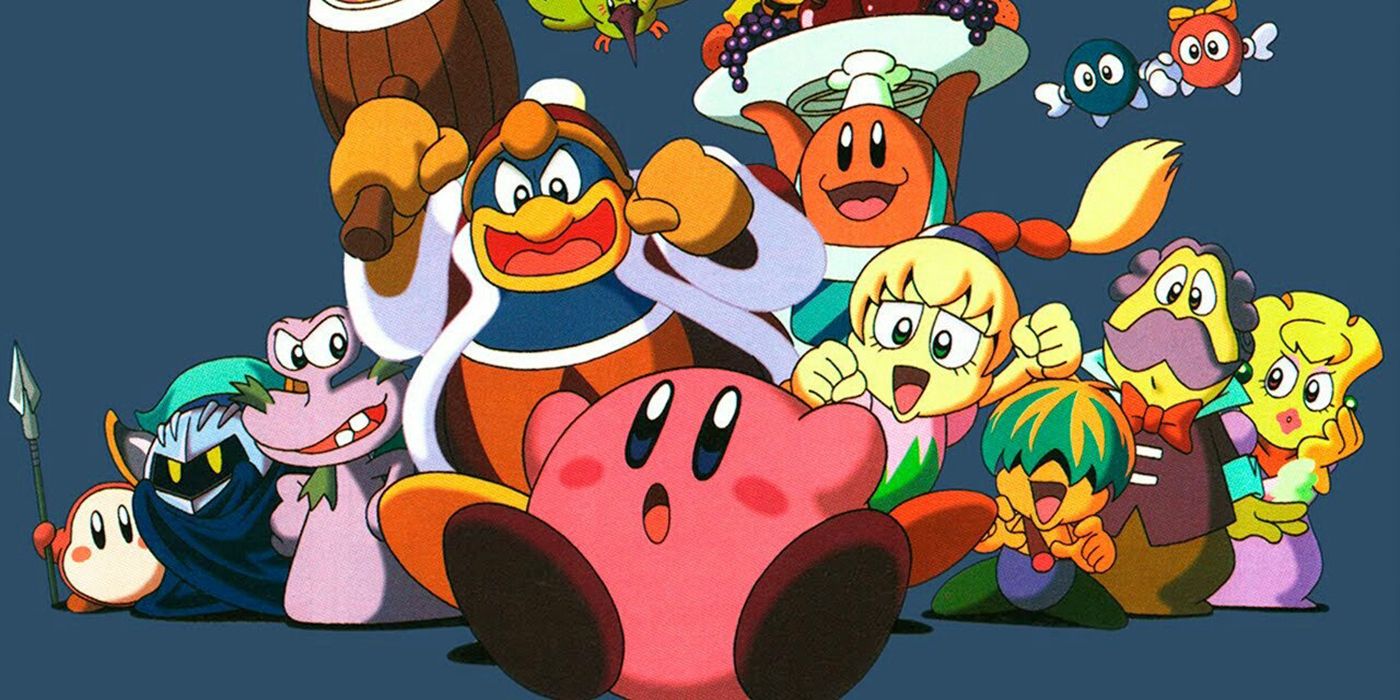Like a flock of birds flying south for the Winter, many video game franchises are migrating to the television medium. Fallout is heading to Amazon, Cuphead’s coming to Netflix, and The Last of Us is on its way to HBO, courtesy of Chernobyl creator Craig Mazin. Although many of these productions are exciting for enthusiasts across the community, they’re all neck-deep in development, and likely won’t see the light of day for at least another year. That doesn’t mean gamers can’t get their fix of video game TV shows while they wait, however
Series from all corners of the industry, from Donkey Kong Country to Candy Crush, have been part of Saturday mornings and game-show blocks for decades. Their overall track-record isn’t exactly ideal, but among the dozens of television shows based on the interactive art form, a few gems stand out. These are the best and most binge-worthy shows based on (or about) video games.
Castlevania
In 2017, years after developer Konami lost interest in traditional gaming and had put one of its longest-running and most successful series on the shelf, the very existence of a show based on Castlevania confounded even the most hardened of vampire killers. True to its source material, the project had dwelled in (development) hell for over a decade as a feature film before finally moving forward as an animated series for Netflix, based on 1989’s Dracula’s Curse and 2005’s Curse of Darkness.
The stunning animation and fantastic action are emboldened by a solid script, documenting the chronicles of Trevor Belmont and his two superpowered companions, Sypha Belnades and Alucard, the son of Dracula. It’s one of the few Western adult animated shows not grounded in comedy, unafraid to imbue the gothic horror series with politics and mature characterization. Castlevania has already grown a respectable legacy, as producer Adi Shankar has used the show's success to get a different animated game series off the ground, based on Capcom’s Devil May Cry series.
X-Play
Long ago, before JackSepticEye, Scott the Woz, or the Game Grumps, there was Adam Sessler and Morgan Webb. The crown jewel of the long-defunct (now recently-revived) G4, X-Play was the birth of the modern on-camera video game personality that dominates the online scene today. What kept audiences coming back every weeknight wasn’t the promise of sharply-written and genuinely funny reviews of the latest in the sixth and seventh console generations - it was instead the two hosts anchoring the production. Adam and Morgan fostered a lovable “snarky co-workers” dynamic in their decade with the show, and the many skits within the X-Play staff kept professionalism and pretense at bay. Rotating hosts like Blair Herter and Kristen Holt kept the spirit of the show alive and kicking whenever one of the two mainstays were out.
Like any week-daily show with 1,300+ episodes, X-Play’s run was full of highs and lows, and it struggled to stay relevant in the early 2010s as YouTube and social media became much faster methods for receiving the latest industry news, eventually airing its final episode in 2013. Even so, the show’s lasting impact on video game culture and its community cannot be understated. Hopefully, its upcoming revival can bring back the magic.
Persona 4: The Animation
Often, video game adaptations are creatively dry products, rushed out to meet multimedia releases without much ambition. Not so for 2008’s cult-favorite RPG Shin Megami Tensei: Persona 4, whose animated series might just be the best game-based anime ever made. The 70-hour ballad of Inaba’s Investigation Team is beautifully translated into just 26 episodes - an especially jaw-dropping feat when taking the source material into consideration.
Any Persona fan worth their weight in fridge leftovers knows the layers of design packed in each entry, and the show miraculously manages to include almost everything and more, with new bits of characterization and narrative that only strengthen the story. Elevating the series, in particular, is an excellent sense of humor - by adapting Persona 4 into a playful comedy series, the scenes in-between the amazing action are every bit as entertaining. Persona 4: The Animation is the only video game screen adaptation (televised or otherwise) to feature a secret boss fight from the original game - a quality that speaks to the level of care and passion that went into its production.
High Score
Video games have among the most fascinating histories of any art form, but the medium’s recordkeeping has been largely left to its hardcore fans instead of more officially recognized historians and researchers. Last year, Netflix and production studio Great Big Story sought to change that with High Score, a well-produced documentary series covering different corners of gaming history, featuring interviews with high-profile names like Doom co-creator John Romero and former Final Fantasy artist Yoshitaka Amano.
Narrated by Charles Martinet, the voice of Nintendo’s Mario, the show bolsters impressive production values, with gorgeous cinematography and lavish visual effects to delight and stimulate a younger crowd of potential gaming historians. After a straightforward stroll through the early years in the first two episodes, High Score shifts focus and frames each following episode around a topic or genre, from the genesis of the role-playing genre to the industry’s transition from 2D to 3D.
Most significantly, High Score highlights the oft-forgotten queer faces of video game history. Industry legends are joined by Rebecca Heineman, the first person to ever win a North American video game championship, Ryan Best, developer of the LGBTQ+ themed PC RPG Gayblade, and Gordon Bellamy, an industry executive who brought Black football players to the covers of the Madden NFL series. It may be too breezy for some, but for anyone interested in gaming history, High Score’s a great place to start an education.
Pokémon Origins
Although they fed on each other’s popularity to create the “Pokémania” craze in the late ‘90s, the stories of the Pokémon show and the Pokémon games have always been different. Ash Ketchum, the show’s protagonist, and Red, the first game’s player character (named after one of the “Versions” that featured him), are often mistaken as the same person. In 2013, in anticipation of Pokémon X and Y’s launch, the Pokémon Company cleared up the confusion once and for all with Pokémon Origins, a 4-episode miniseries retelling the story of the original games, from Red’s first steps out of Pallet Town to his ascendance in the Indigo League.
Keeping faithful to the original Red, Blue, and Green versions, Origins brings the best-selling Game Boy games to life in ways once only imagined by millions of trainers around the world. Moments that couldn’t be conveyed in 8-bit with much else but a text box and a fade-to-black are now staged as dramatic narrative moments, like Team Rocket leader Giovanni’s helicopter escape from Silph Company, or Red’s climactic confrontation with the mythical Mewtwo in the Unknown Dungeon. For Origins, brevity holds a type-advantage over the original show: Red’s journey is more engaging, entertaining, and emotionally fulfilling in four episodes than Ash’s has been in over a thousand.
Kirby: Right Back at Ya!
It's one thing to turn a video game into a TV show, but it's another thing entirely to adapt a video game from Nintendo (Pokémon notwithstanding). How exactly do you craft a non-playable narrative out of a game whose company so ferociously prioritizes play over everything else? As it turns out, the answer is pretty simple: use the Nintendo franchise that fits the classic cartoon archetype the best! Supervised by creator Masahiro Sakurai himself, 2001's Kirby: Right Back at Ya! follows the adventures of the unspeakably adorable Kirby on planet popstar, featuring familiar faces like Meta-Knight, King DeDeDe, and even Nightmare (the final boss of the 1991 installment Kirby's Adventure), along with brand-new friends like Tiff, Tuff, and Escargoon.
Right Back at Ya! is among the most well-realized adaptations of any video game franchise, not only engineered to be as cutesy and kid-friendly as possible but also built to include social commentary on topics like environmentalism. It's also one of the few video game shows with an actual series finale (most animated shows don't even make it that far). Kirby: Right Back at Ya! may not be the first TV show based on a video game that comes to mind, but that's only because it's such a natural fit for the kingdom of cartoons.

